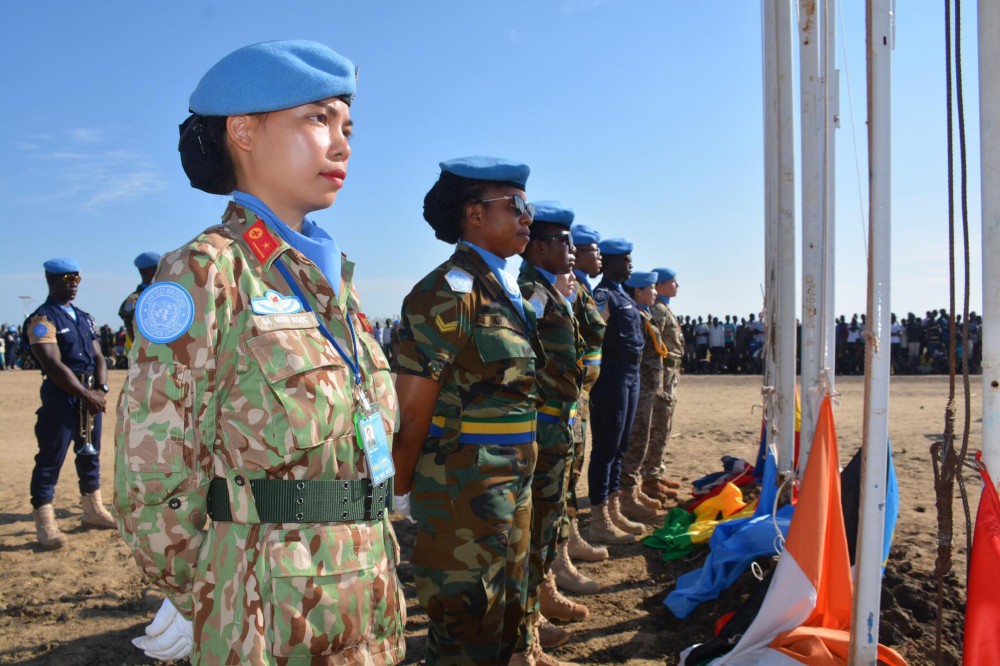 |
| Captain Sa Minh Ngoc during a UN peacekeeping mission in South Sudan. (Photo: NVCC) |
These barriers not only limit women's full participation but also affect the overall effectiveness of peacekeeping operations.
As a former member of the United Nations Peacekeeping Force in South Sudan from 2015 to 2018, Captain Sa Minh Ngoc (Vietnam Peacekeeping Department) commented that technology is breaking down these barriers and opening up new opportunities for women.
Among them, big data and artificial intelligence (AI) are prominent tools that can open the door for women to take on leadership positions to make decisions, participate in negotiations and contribute to peace plans as well as actively participate in community building, thereby helping peacekeeping operations become more comprehensive and effective.
A prime example is the Unite Aware platform, deployed in peacekeeping missions in the Central African Republic, Cyprus, South Sudan, Somalia, and more. By integrating multiple data sources into a single interface, Unite Aware enables peacekeepers to visualize, analyze, and respond to security threats more effectively. The platform also collects real-time reports of violence against women, allowing missions to identify hotspots of gender-based violence and take action.
In addition, many other tools applying big data and AI are being developed to support early warning systems for violence, helping to prevent crises before they escalate, creating a safe environment for women to actively participate in community building.
Captain Sa Minh Ngoc said that a major challenge for women’s leadership in peacebuilding is limited access to decision-making spaces. However, AI-driven virtual platforms and digital communication tools are expanding opportunities for participation, especially in conflict zones where direct access is difficult. At the same time, technological developments are increasing the demand for experts in digital, cybersecurity, and strategy, creating opportunities for women with these skills to advance in peacekeeping and security missions.
However, women still face many challenges such as cybersecurity threats, misinformation, online harassment, and AI bias without gender inclusivity.
To overcome this, the female “green beret” officer emphasized the need to invest in digital infrastructure, ensure a safe cyberspace, promote awareness raising, digital skills training, build a policy framework that prioritizes gender equality and promotes women’s leadership in the digital age.
As digital transformation shapes the future of peacekeeping and post-conflict reconstruction, it is clear that women must not only participate but also take a leading role in this process if they do not want to be left behind!


![[Photo] President Luong Cuong receives Lao Prime Minister Sonexay Siphandone](https://vstatic.vietnam.vn/vietnam/resource/IMAGE/2025/4/17/337e313bae4b4961890fdf834d3fcdd5)
![[Photo] Warm meeting between the two First Ladies of the Prime Ministers of Vietnam and Ethiopia with visually impaired students of Nguyen Dinh Chieu School](https://vstatic.vietnam.vn/vietnam/resource/IMAGE/2025/4/17/b1a43ba73eb94fea89034e458154f7ae)
![[Photo] Hundred-year-old pine trees – an attractive destination for tourists in Gia Lai](https://vstatic.vietnam.vn/vietnam/resource/IMAGE/2025/4/17/25a0b7b629294f3f89350e263863d6a3)
![[Photo] President Luong Cuong receives UN Deputy Secretary General Amina J.Mohammed](https://vstatic.vietnam.vn/vietnam/resource/IMAGE/2025/4/17/72781800ee294eeb8df59db53e80159f)
![[Photo] Prime Minister Pham Minh Chinh and Ethiopian Prime Minister visit Tran Quoc Pagoda](https://vstatic.vietnam.vn/vietnam/resource/IMAGE/2025/4/17/18ba6e1e73f94a618f5b5e9c1bd364a8)
![[Photo] President Luong Cuong receives Kenyan Defense Minister Soipan Tuya](https://vstatic.vietnam.vn/vietnam/resource/IMAGE/2025/4/17/0e7a5185e8144d73af91e67e03567f41)
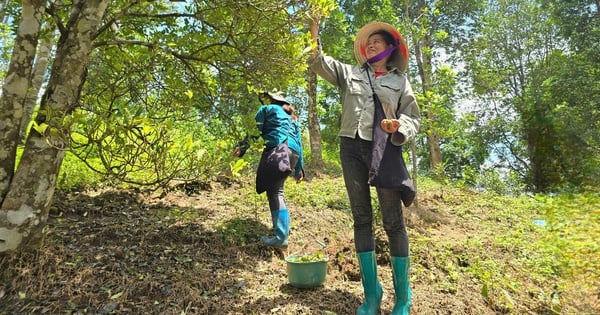



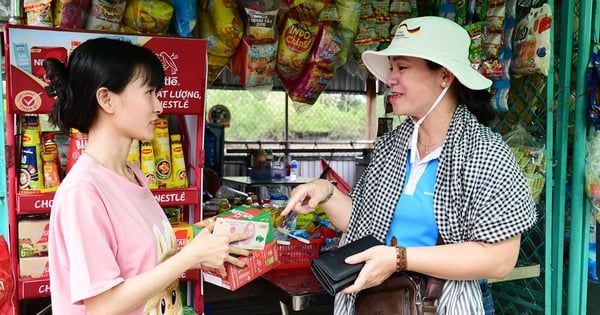

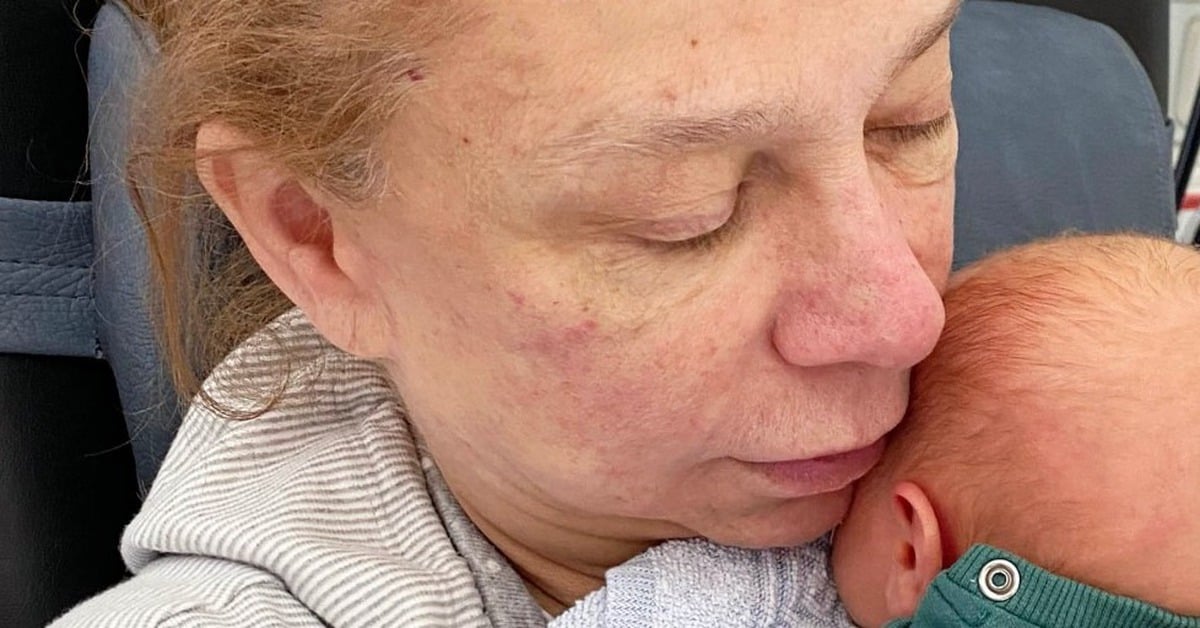





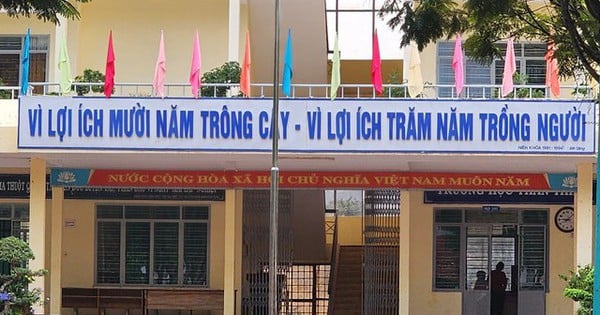
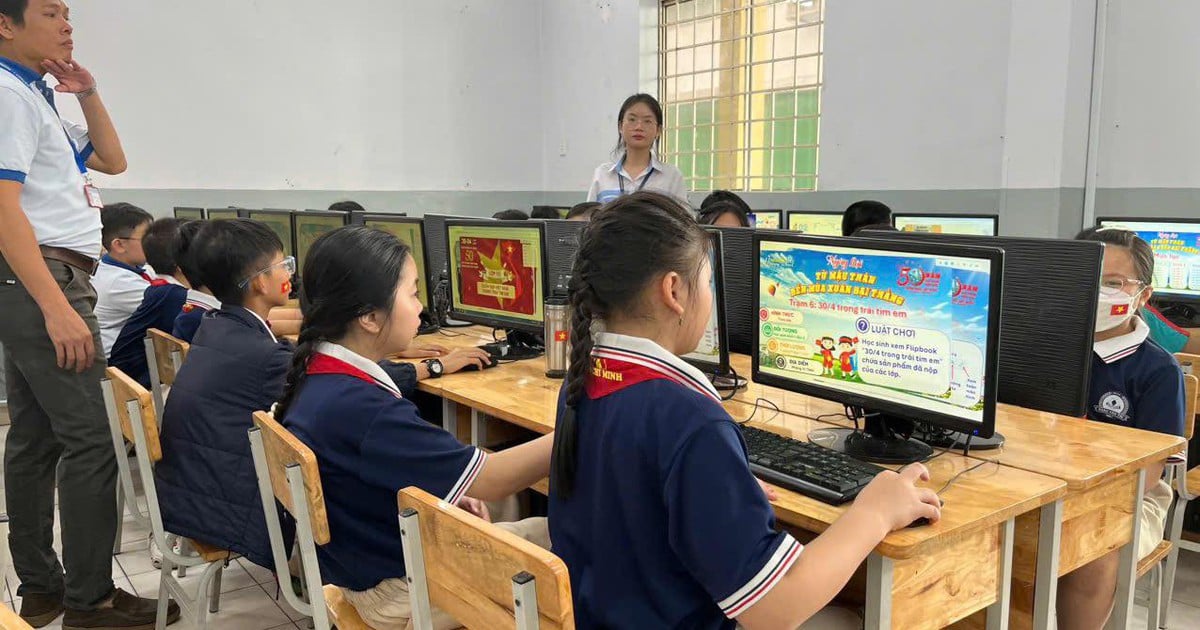

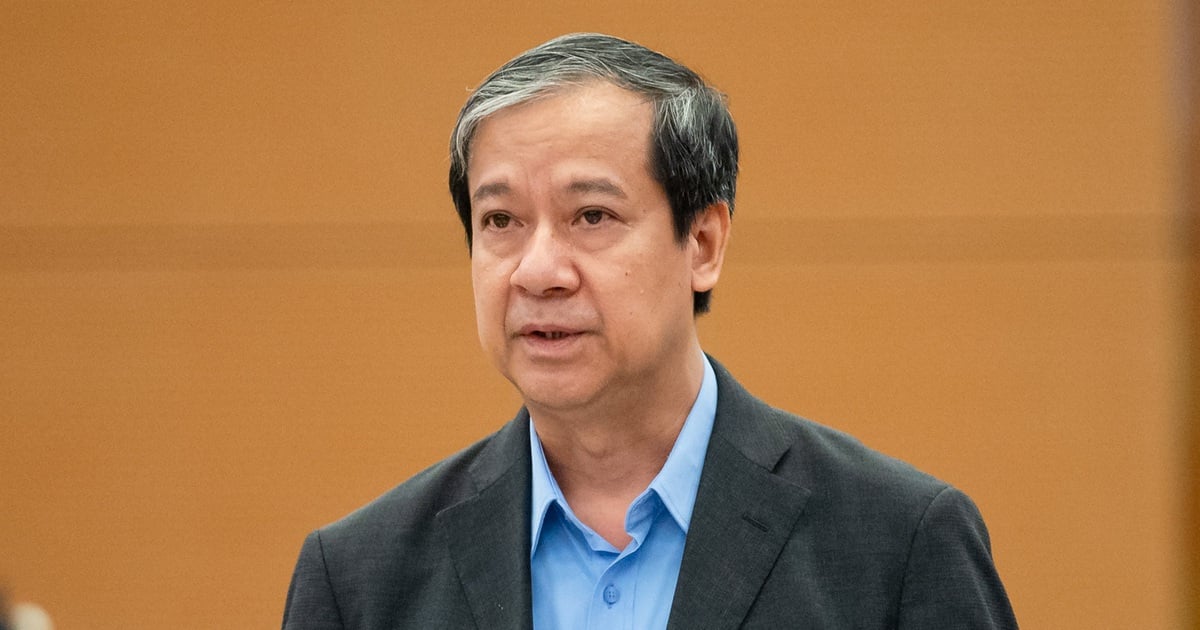





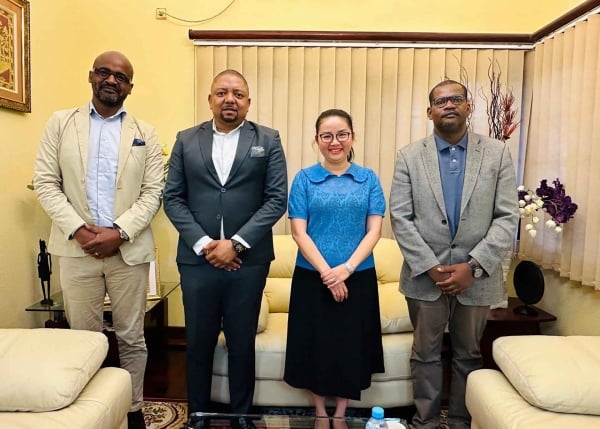
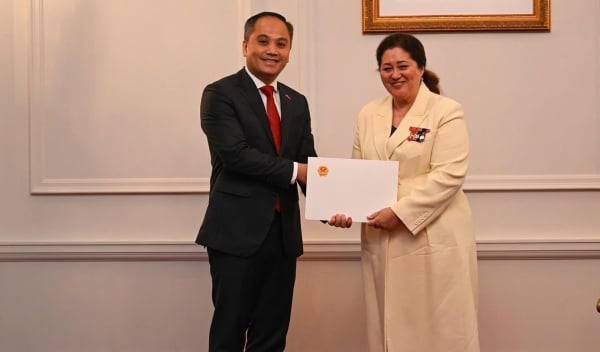
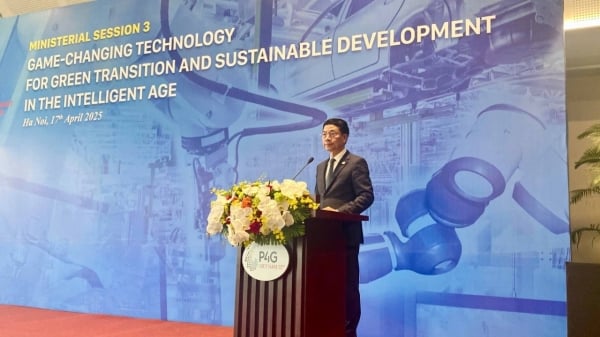
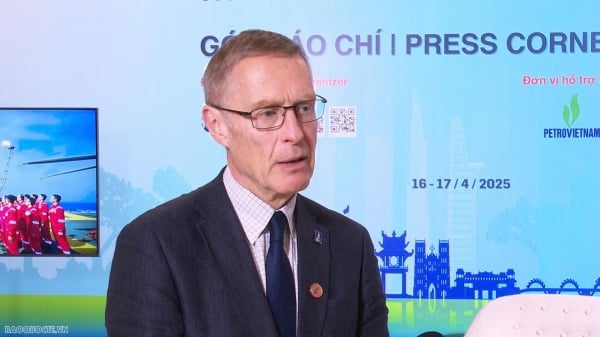
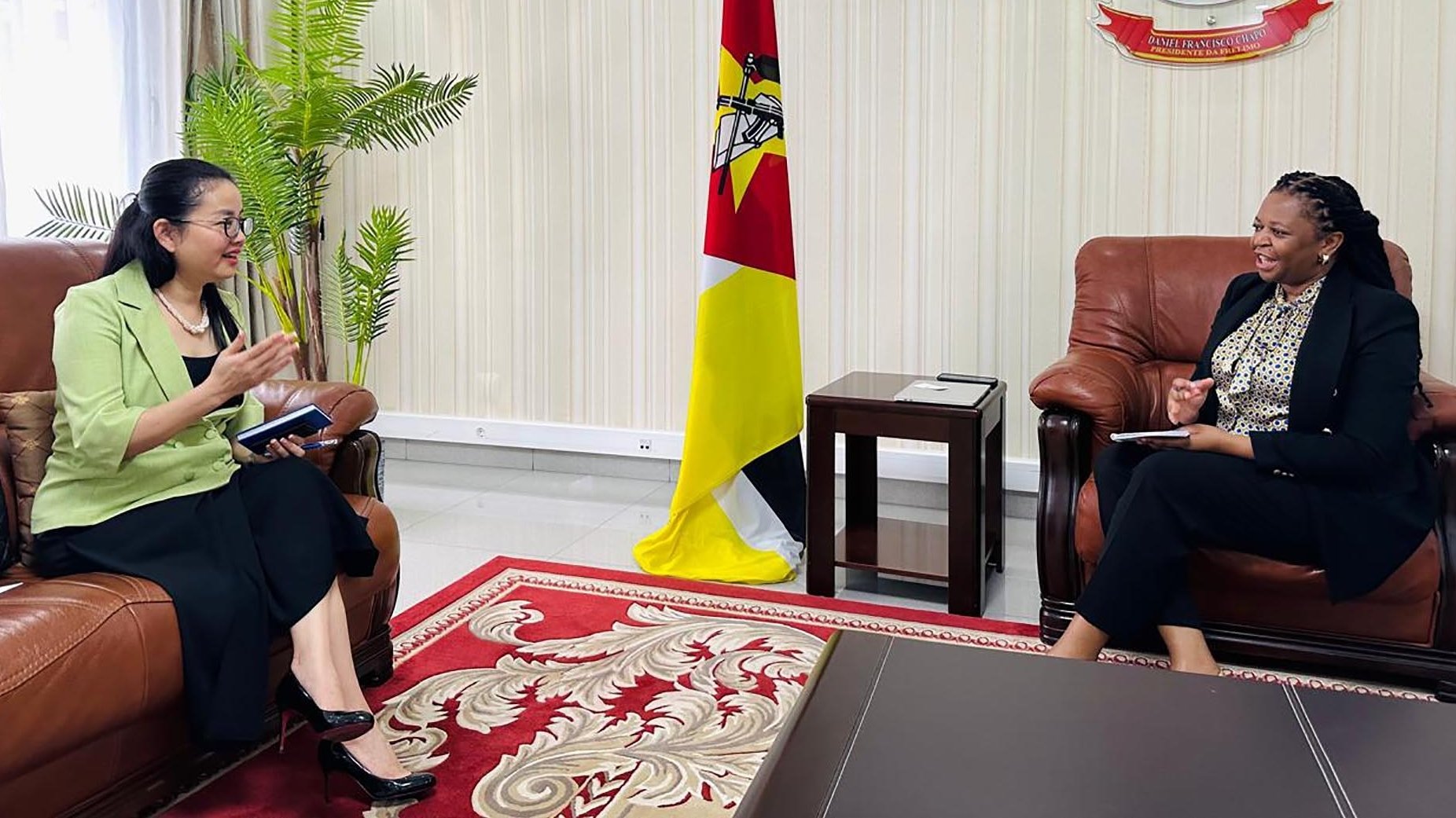







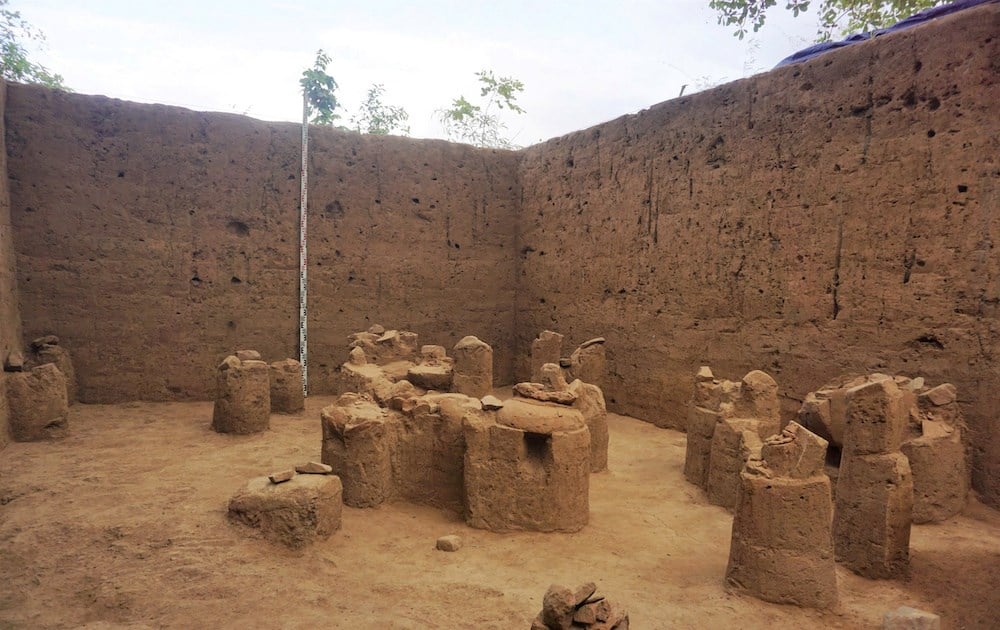








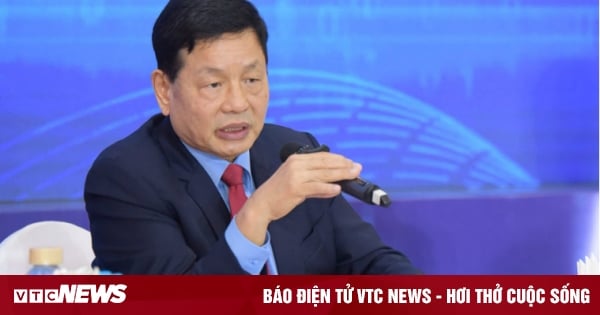





![[Video] Viettel officially puts into operation the largest submarine optical cable line in Vietnam](https://vstatic.vietnam.vn/vietnam/resource/IMAGE/2025/4/17/f19008c6010c4a538cc422cb791ca0a1)
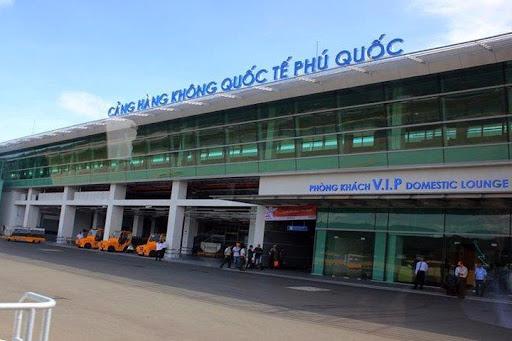




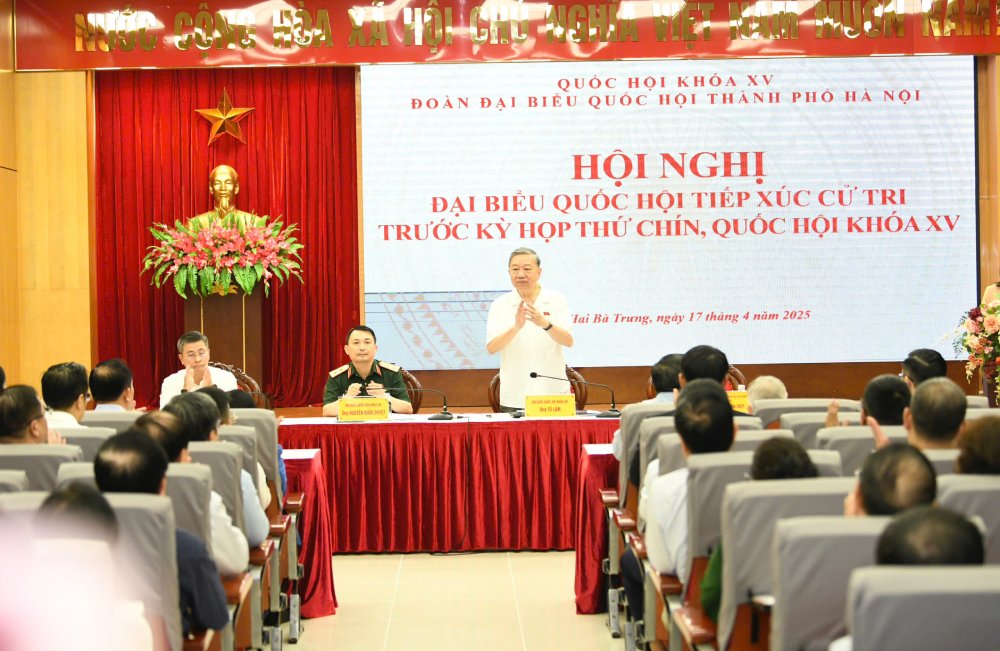

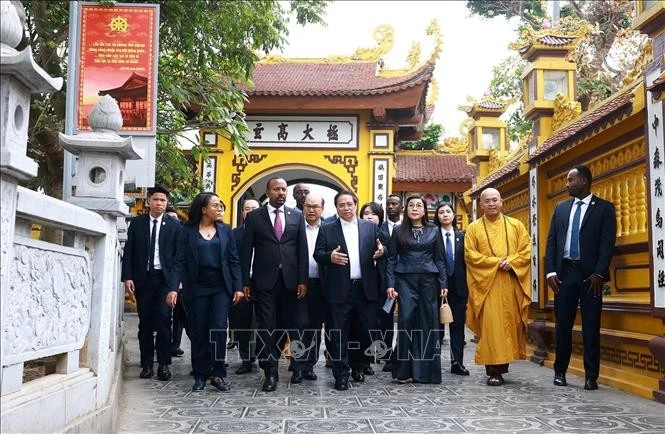

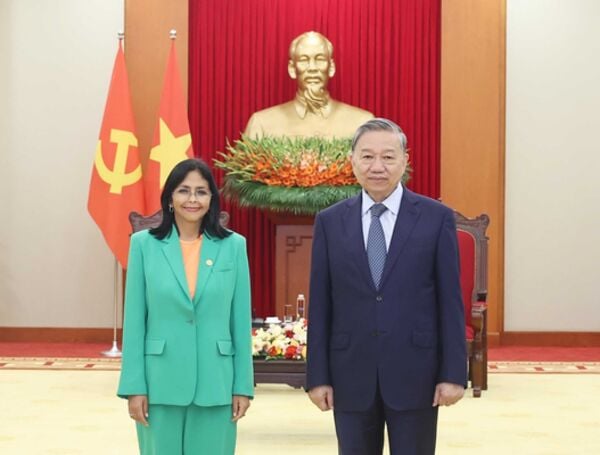
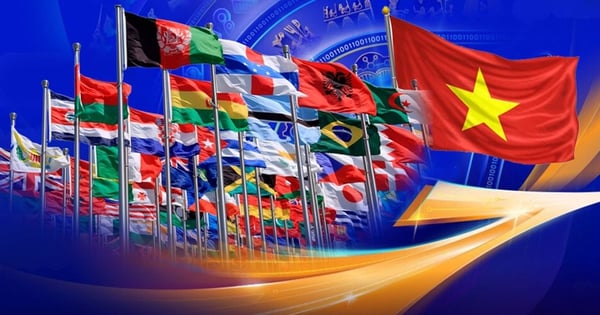
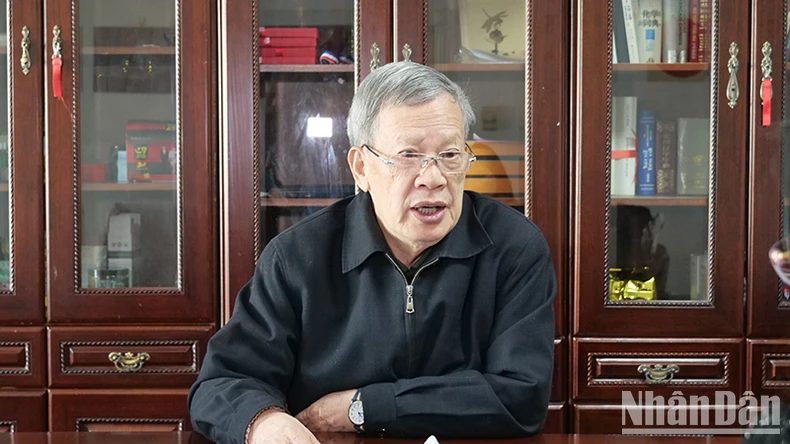
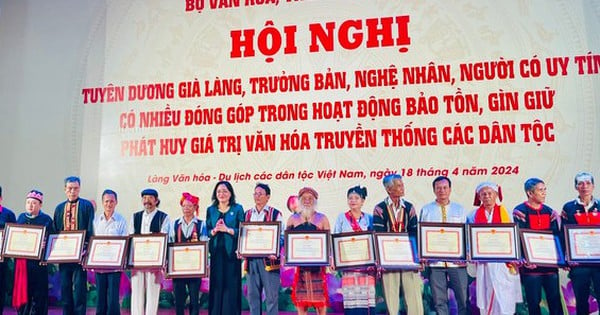


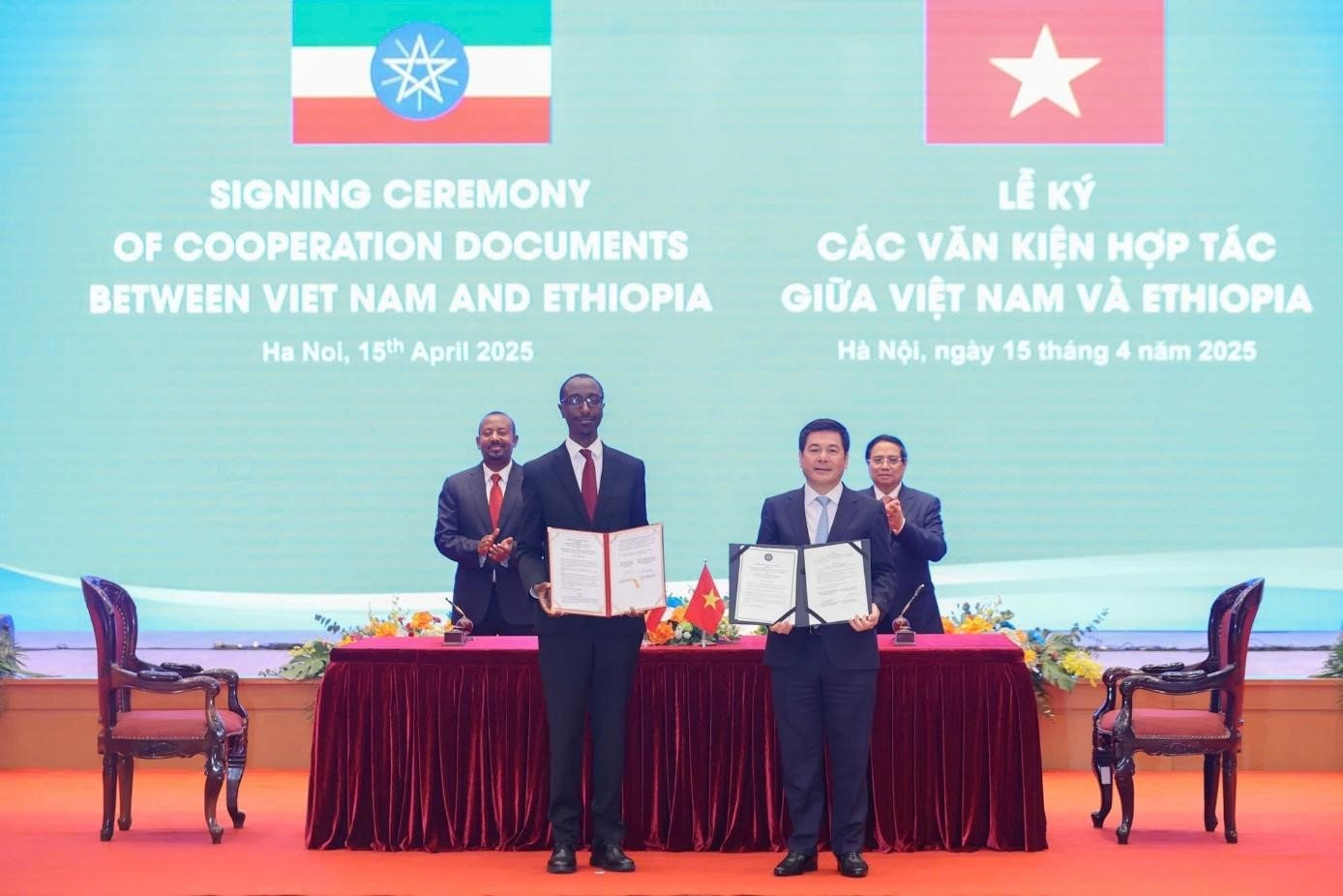

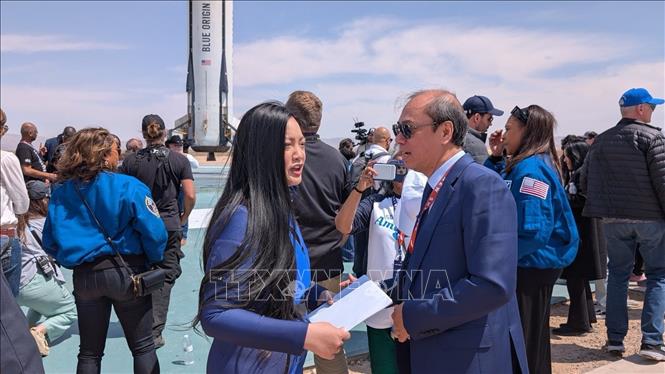

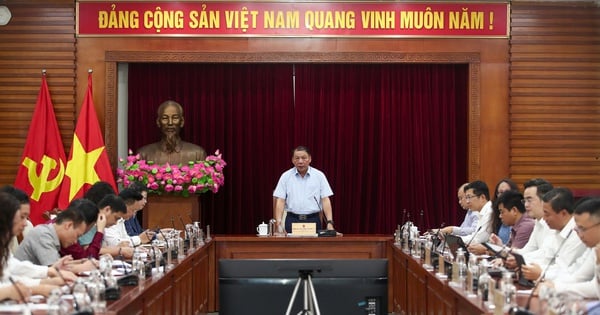

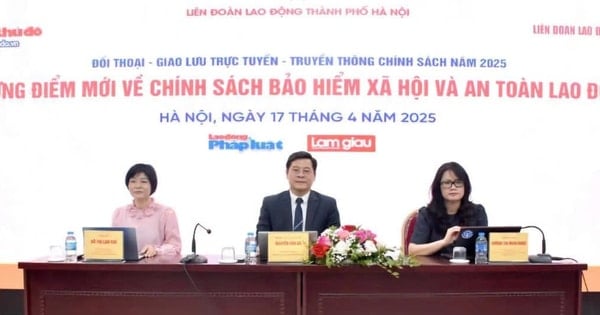

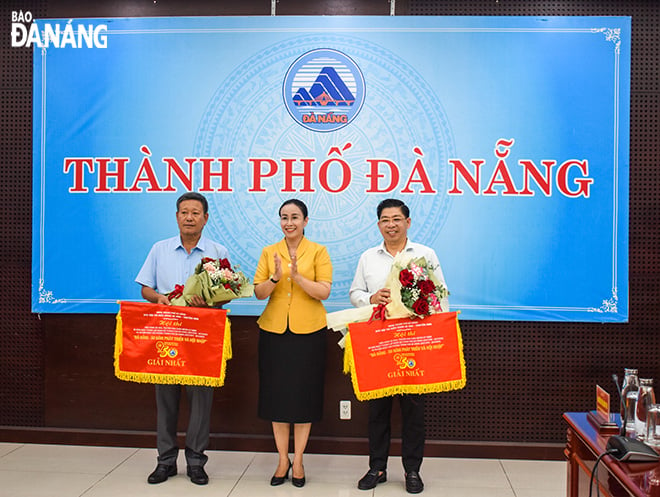

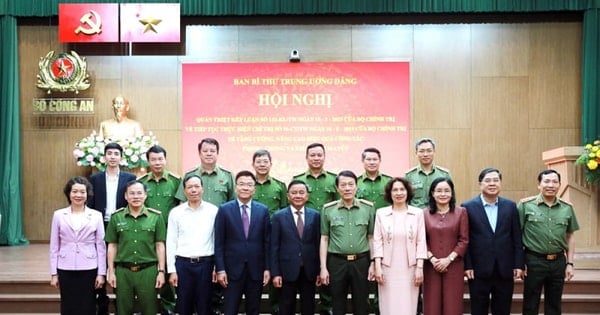
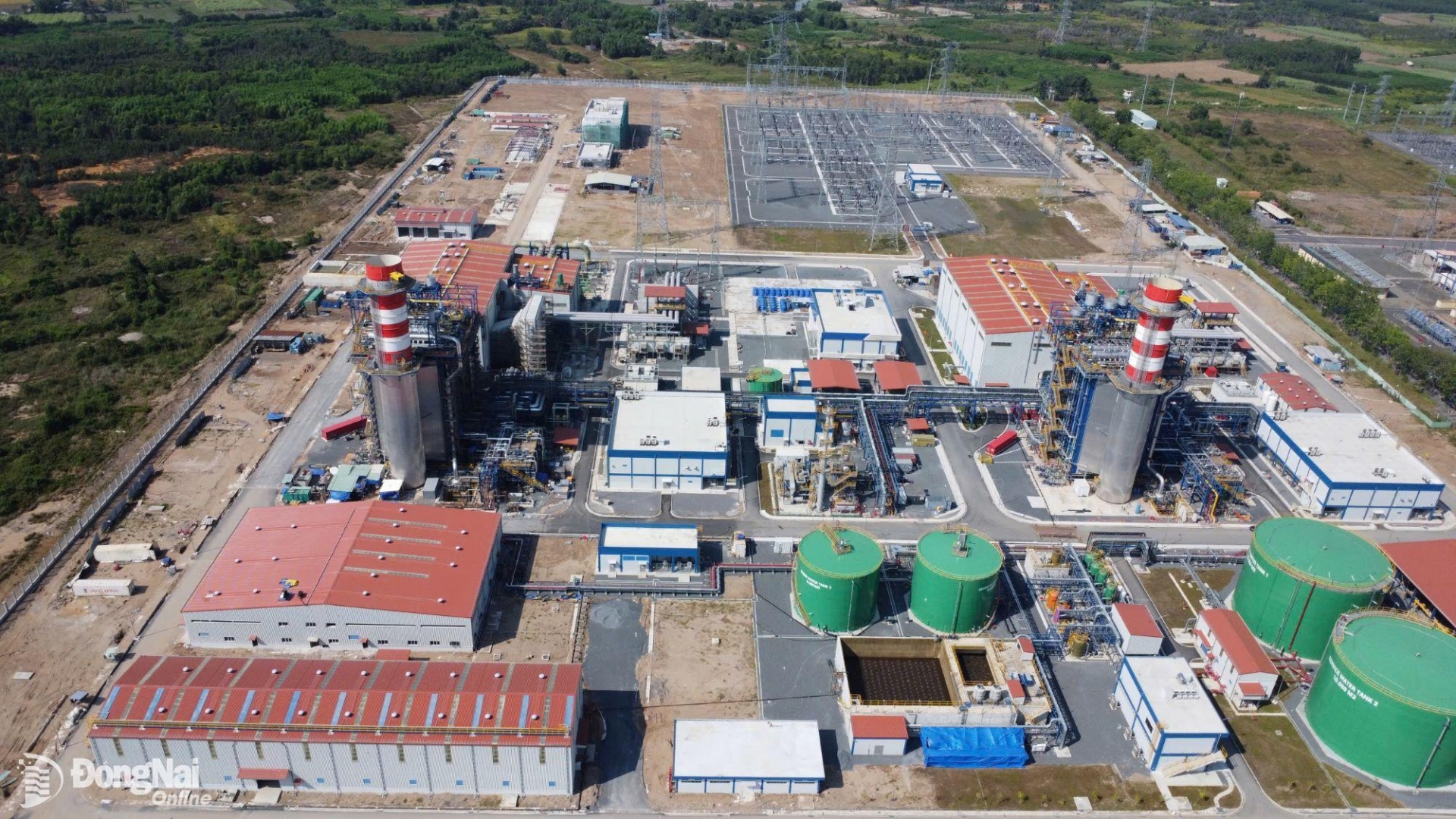


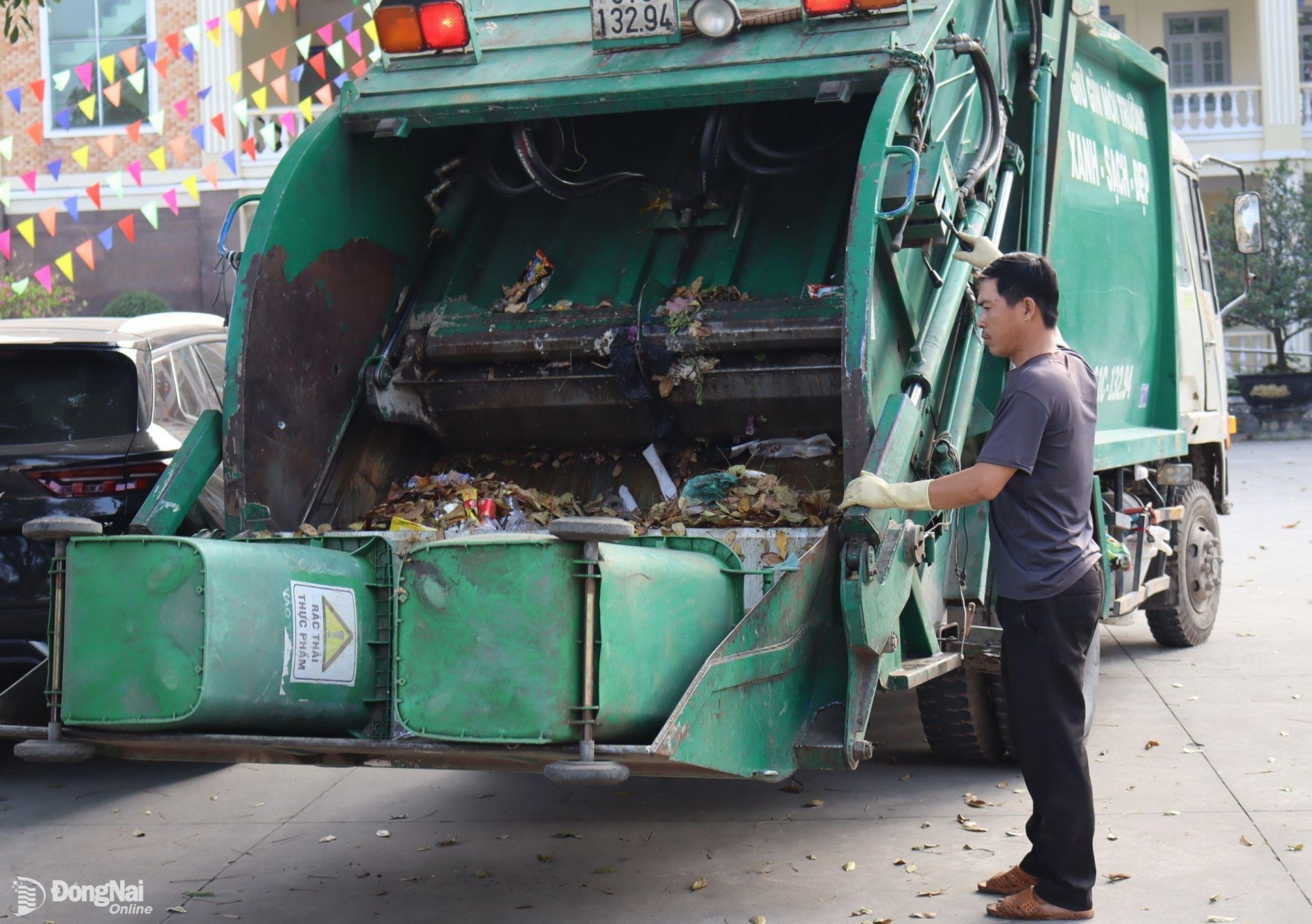










Comment (0)